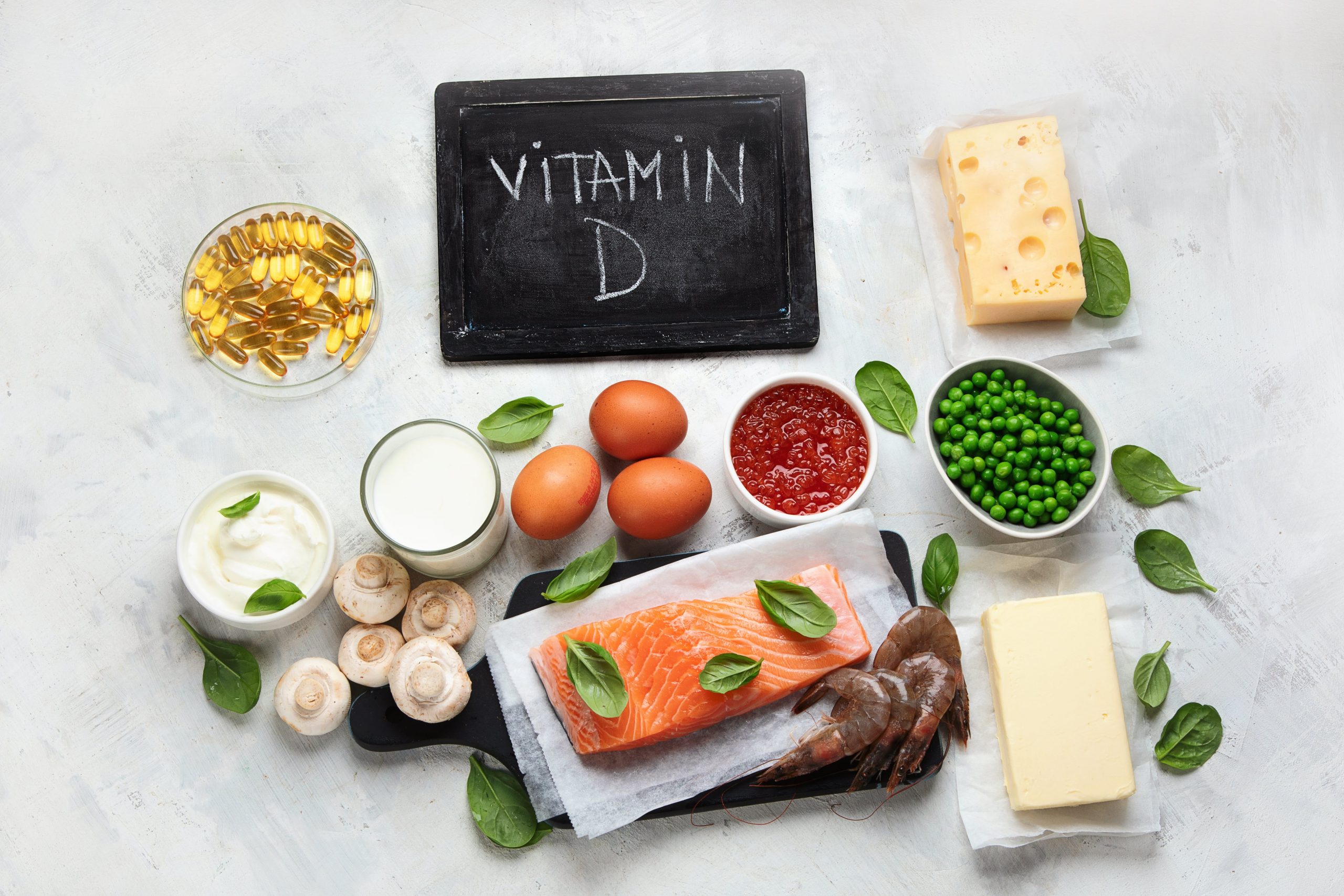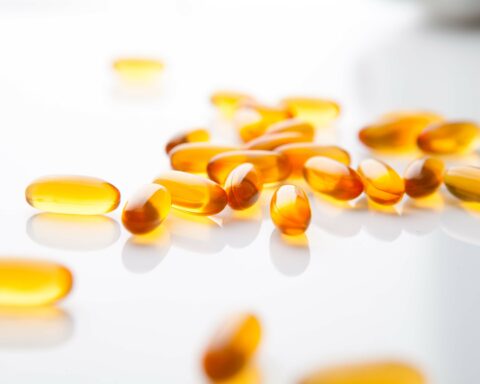Vitamin D is grouped together with vitamins A, E, and K. This is because they are fat-soluble vitamins, meaning that it is digested only in the presence of fat.
While vitamin D is an impressively useful vitamin, it is very rare to find in many foods making it hard to obtain it solely from the diet. Many people around the world are at risk of nutritional deficiency of other key nutrients. They thus look for a way of compensating for these nutrients by taking supplements, including that of vitamin D. That said, the effectiveness of vitamin D may be influenced by certain factors such as the time and the way you take your daily dose. This article explains the appropriate time to take vitamin D to improve its absorption.
Reasons Behind Greater Supplementation
Vitamin D is uniquely different from other vitamins. How comes? It is partly a hormone and is largely produced by your skin, especially when you expose yourself to sunlight. Supplying yourself adequately with vitamin D is very important for your overall health. Studies indicate that vitamin D plays an active role in boosting your immune system, improving bone health, reducing the risk of cancer, among others.
Given that vitamin D is naturally scarce in many food sources, it isn’t easy to meet your daily needs, especially if you are not exposing yourself regularly to the sun. Some people are even at a higher risk of vitamin D deficiency, including those with darker skin, older adults, those living in areas with limited sunlight, and overweight people. The National Institutes of Health estimates that in the US alone, up to 42% of adults are deficient in vitamin D. It is thus important to supplement with vitamin D to effectively meet your needs.
Vitamin D is Well Absorbed When Taken with Meals
Given that vitamin D is only digested and absorbed in the presence of fat, it is highly recommended that you take its supplements with meals, especially high-fat foods. This will significantly increase its absorption. One study indicates that including vitamin D supplements with a large meal can increase its blood levels by up to 50% just within 60-90 days, while consuming it with a high-fat meal can increase it by up to 32% just within 12 hours. Healthy foods that are high in fat and can be taken with vitamin D supplements include avocados, seeds, nuts, eggs, and full-fat dairy products.
How About Saying Good Morning to Vitamin D?
It’s like a norm nowadays that people have to take supplements, including that vitamin D, in the morning before they ingest anything. This is a convenient way of taking vitamins and supplements as it can be hard for some people to remember them later in the day. Those taking more than two supplements may benefit from taking them all in the morning than spreading them throughout the day. For this reason,it will help to normalize taking vitamin D supplements in the morning alongside a healthy and fatty breakfast. As a way of remembering that you should take them, you can set the alarm, keep the supplements in the dining room, or use a pillbox.
Why Taking It Late in the Day is a Bad Choice
Is it bad to take vitamin D in the evening? The answer is simple, it may affect your sleep. Health experts say that the quality of your sleep may be affected by vitamin D levels. In fact, low blood levels of vitamin D increase your risk of poor sleep quality, sleep disturbances, and low sleep duration. On the other hand, high levels of vitamin D in your blood may reduce the levels of melatonin. This is the hormone that actively regulates your sleep cycle. Similarly, taking vitamin D supplements at night may impede the production of melatonin, according to anecdotal reports. However, there is no specific research pointing out clearly the effects of taking vitamin D at night. Therefore, you may simply try out and determine what time suits you best.
What Is the Ideal Time TO Take Vitamin D Supplement?
The absorption and availability of vitamin D in your blood can be increased efficiently by taking it with meals. Keep in mind that there are no scientific findings supporting whether taking it in the morning or at night is effective. That said, the most important thing is taking vitamin D routinely to ensure that it works effectively. You can take it with your breakfast or before bedtime with a snack.
Benefits of Supplementing with Vitamin D
There are several health benefits tied to taking adequate vitamin D. Primarily, vitamin D plays a role in regulating the absorption of key minerals like calcium and phosphorus. It also supports the normal functioning of your immune system. Getting enough of this vitamin is vital for the formation of strong bones and teeth and increasing your resistance against certain infections.
Vitamin D can reduce your likelihood of developing multiple sclerosis, heart disease, common cold. It may also help reduce depression by regulating your mood and warding off anxiety. Researchers also claim that vitamin D may help boost weight loss. If you are trying to lose weight, it may help adding vitamin D supplements to your diet, which will also help prevent heart disease.
Vitamin Deficiency
Many people are at risk of being deficient in this key nutrient. Many factors can contribute, including using sunscreen, living in a highly polluted area, spending more of your time indoors, living in places where buildings block sunlight, and having darker skin. If you are deficient in vitamin D, you are likely to present with severe muscle pain, general body malaise, exhaustion, general body pains, and sometimes stress fracture in the hips or legs. If you can’t find vitamin D supplements near you, you can eat shrimp, salmon, fortified milk, fortified yogurt, and egg yolk to increase your dietary intake of vitamin D.
Conclusion
Vitamin D is a vital nutrient in the body, essential for the formation and development of strong bones and teeth. It can also help prevent certain infections and reduce the risk of heart disease. Since it is a fat-soluble vitamin, you can take it alongside fatty foods in the morning or with snacks at bedtime to maximize its effectiveness.
- WHY CAN DRINKING ALCOHOL TRIGGER ANXIETY? - January 7, 2023
- WHAT IS ORGASMIC MEDITATION? BENEFITS + HOW TO - January 7, 2023
- THE BEST WAYS TO PREVENT WEIGHT GAIN THIS WINTER - January 6, 2023









